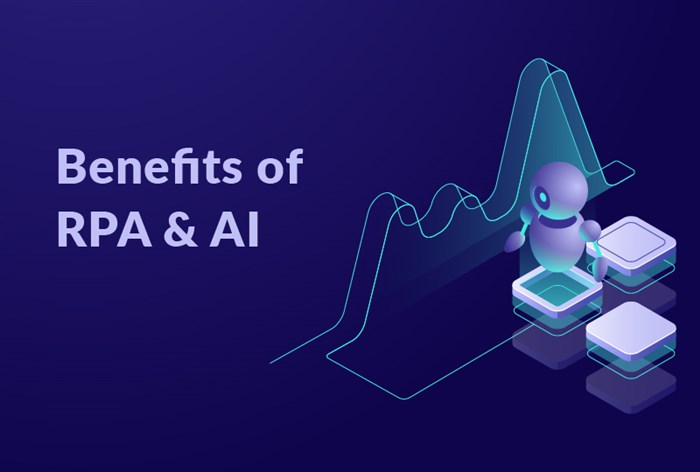
We all have heard about RPA and AI in recent years. Probably more with automation. So what exactly are RPA and AI, and how do they differ? Simply put, RPA is automation that performs its tasks only by how it was programmed to do, whereas AI uses its logic and understanding to do the said task, given the method to do it may or may not vary. Let us study in detail about RPA vs AI with major differences.
What is RPA?
Robotic Process Automation, also known as RPA, is a software technology developed with the help of Artificial Intelligence (AI) and Machine learning technology, which designs Robots (bots), which helps in carrying out easy day-to-day tasks independently without any human interference. It is a kind of technology that reduces time and creates no error outcomes for all day-to-day, repetitive, or mundane tasks. It does it's assigned work independently, which previously required humans to perform manually. Some of these tasks include doing calculations, maintaining daily records, addressing queries, executing transactions, etc.
Also Read: Future of Robotic Process Automation (RPA) 2021 and Beyond
What is AI Automation?
AI is a horizontal technology that allows data decisions. it sometimes makes decisions, or forecasts, based on that humans have composed manually (rules engines); sometimes, it makes decisions based on many numeric criteria that it has arrived at after a lot of testing and failure (machine learning). ai is a supplementary counterpart to the rpa robots that we've learned to appreciate. rpa and ai work hand in hand to extend automation to all kinds of new fields, making you automate more and more complex tasks.
Difference Between RPA and AI
The essential differentiator between RPA and AI is that AI is a projection of human intelligence by technology, while RPA is a Software application that mimics human behavior. AI is data-driven, and RPA is process-driven.
Mostly, RPA is based on certain norms that it shall follow under the given specific circumstances. But wait till we tell you the most exciting part. They refer to machine learning and deep learning that is capable of modifying itself based on the given environment or a situation. Many RPA vendors do not typically use advanced AI in the products they sell, but this is improving. Advanced AI in RPA includes image recognition and even text analysis.
Another main difference between RPA and AI is their emphasis. RPA can be used where we can define a process to be followed. RPA is about automating steps that are repetitive with fixed rules to be followed. It usually involves engagement with several varying IT systems.
For RPA implementations, process discovery workshops are typically prerequisites for mapping the current "as is" process and recording it in the process specification document (PDD). Comparatively, AI is all about quality data.
Also Read: Best RPA (Robotics Process Automation) Tools 2021
Conclusion
At the end of the day, RPA and AI are useful toolkits that you can use to help the company's technological stance.
Selecting to incorporate either RPA or AI (or both) really depends on the particular use case, and making sure that it is "sustainable in the long term" is the key. In the case of RPA, several businesses have reported explanations such as having to catch "low hanging fruits," fast adoption and time-to-market usually within weeks or months), low costs and complexities, and others.

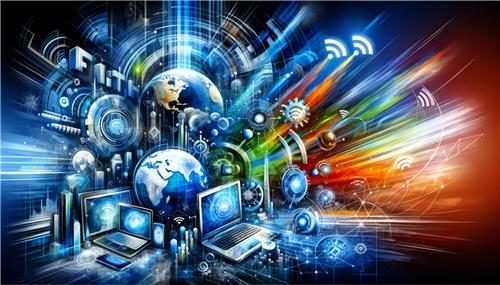
.pngM.jpg)
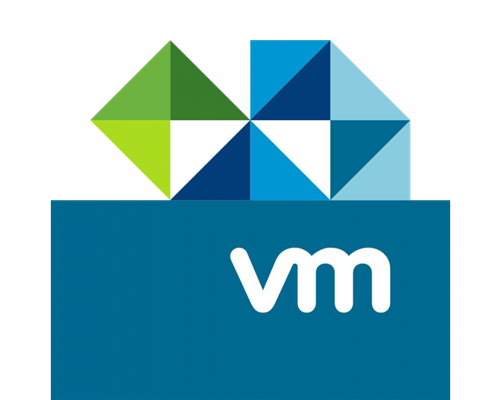
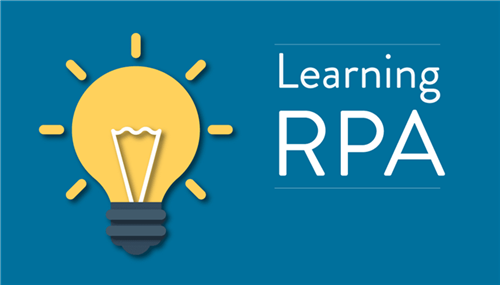
(1).pngM.jpg)
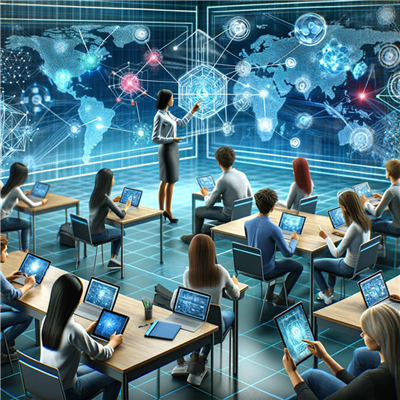
COMMENT